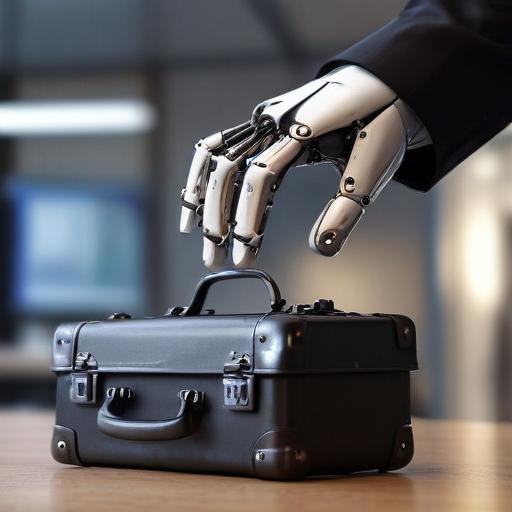Concerns about artificial intelligence (AI) impacting job availability have surged as technology continues to evolve rapidly. Dario Amodei, CEO of Anthropic, startled many in May by stating that AI could potentially increase unemployment rates among white-collar jobs to 20% within the next five years. Tech giants such as Meta, Microsoft, and Salesforce have started using AI to automate tasks typically performed by human workers, which has led executives from companies like Amazon and JPMorgan to warn of significant workforce reductions.
Nonetheless, industry experts are advising caution regarding these predictions, emphasizing that the relationship between AI and employment is not so straightforward. Nvidia CEO Jensen Huang remarked that job losses tied to AI would only occur if “the world runs out of ideas.” Likewise, Google DeepMind CEO Demis Hassabis expressed that he has more concerns about other implications of AI than a drastic workforce reduction.
Despite the fears, there is a growing consensus that while job displacement is likely, the nature of work will transform rather than simply diminish. Experts predict the emergence of new job categories, as many roles will adapt to involve less repetitive work, allowing more focus on creative and relational tasks. For instance, medical professionals could benefit from AI that manages administrative duties, freeing up time to engage directly with patients.
The recent introduction of more advanced “agentic AI” tools underscores this potential shift. Unlike traditional chatbots, these systems can manage complex tasks autonomously, enhancing workplace productivity. OpenAI’s recent launch of chat functionalities capable of executing user-defined tasks demonstrates this evolution. For instance, Amazon successfully adopted AI to enhance its software applications, completing a project that would have required thousands of developers in a fraction of the time and cost.
While some fear that AI could lead to job eliminations, many experts argue that it could ultimately drive job growth, similar to the economic transformation witnessed during the Internet age. This optimism hinges on the belief that AI can augment human productivity and foster the creation of entirely new job categories that we cannot yet envision.
Organizations and governments are now engaged in efforts to prepare the workforce for these changes. Initiatives include AI training programs aimed at equipping workers with necessary skills for the digital age. The White House has also initiated pledges from numerous companies to invest in AI education, signifying a collective movement towards preparing the workforce for the future.
In the face of these transformations, it is vital to approach the integration of AI into the workforce thoughtfully. Thought leaders stress the need for policymakers to establish a new economic framework that ensures equitable benefits for workers amid the AI revolution. This forward-thinking approach could foster a balanced transition, enhancing opportunities and minimizing the downsides of technological advancement.
As we navigate this decade of uncertainty, the potential for AI to create new jobs, improve existing roles, and ultimately enhance productivity offers a hopeful outlook. The future of work may involve a reimagined relationship between human workers and AI, leading to richer, more fulfilling job experiences for many.
